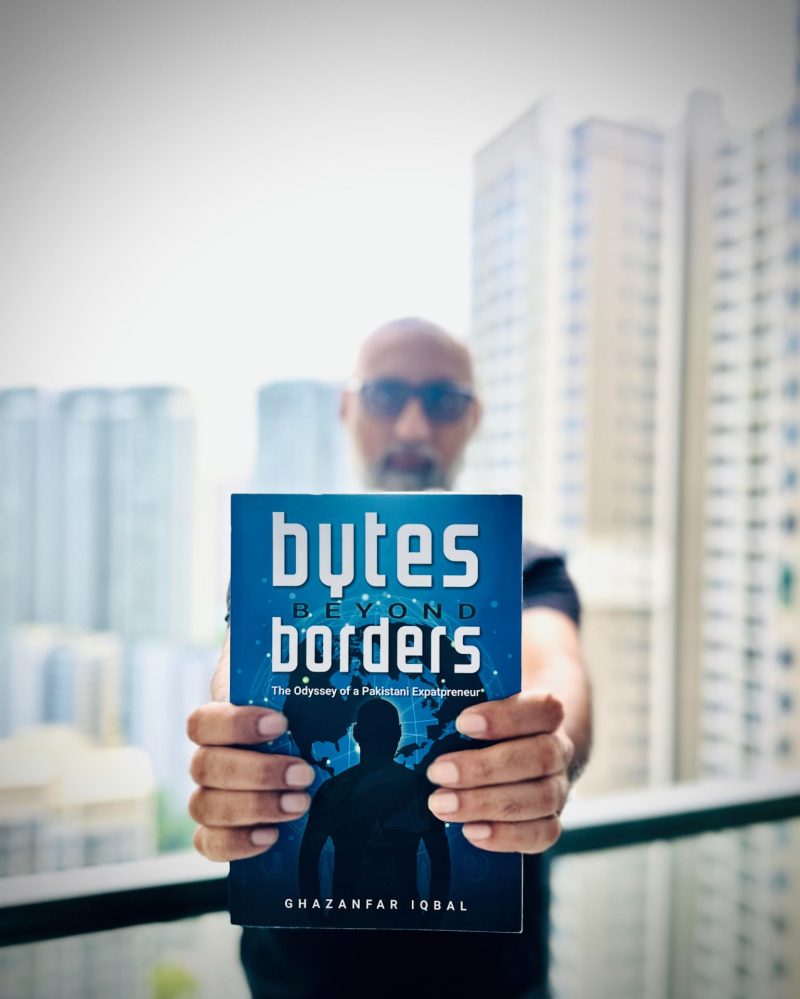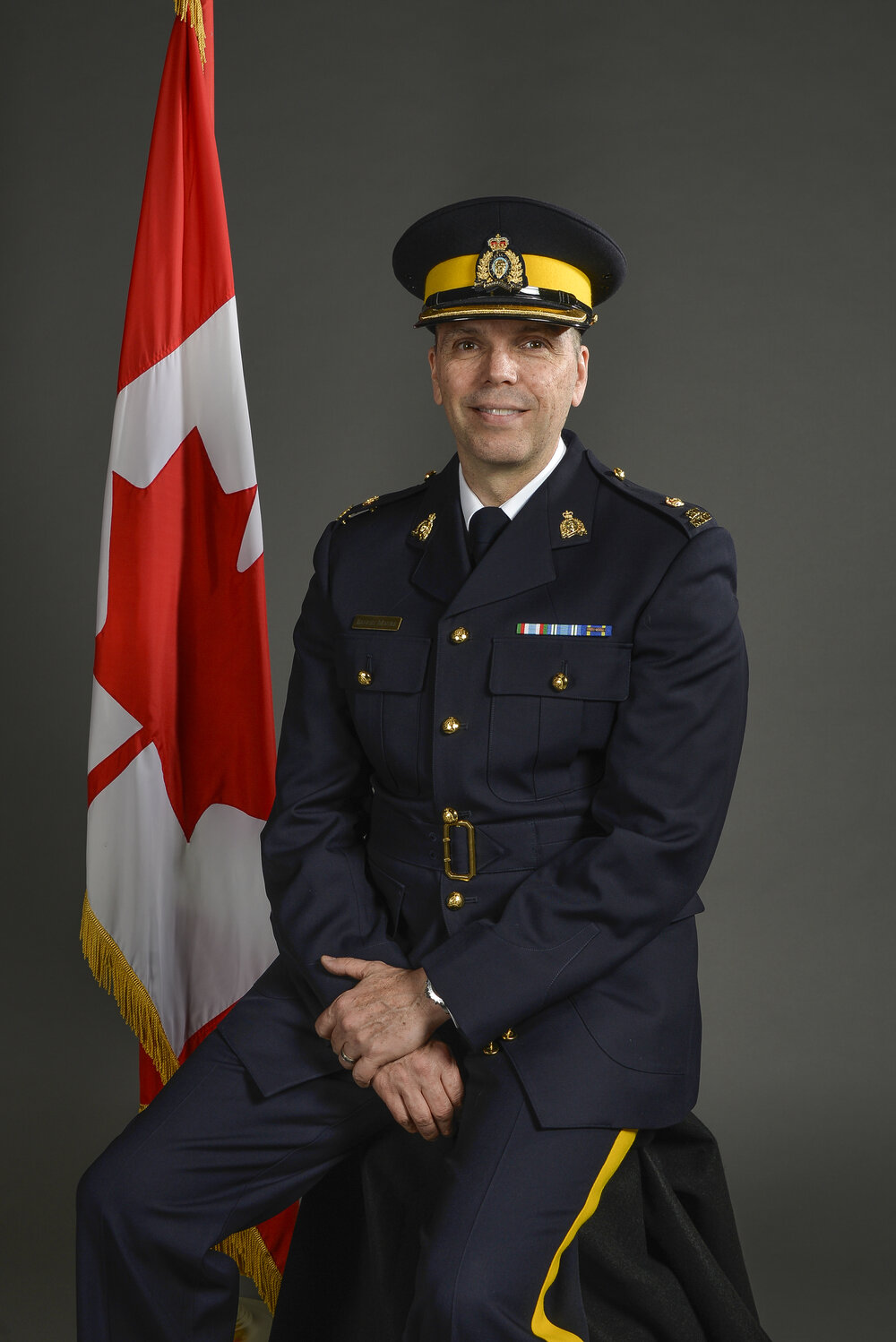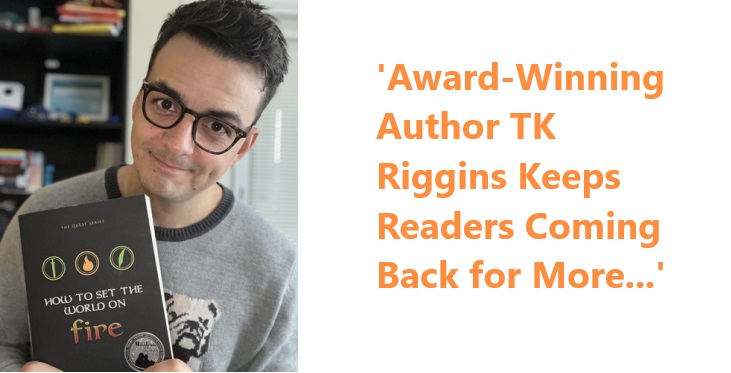Nonfiction Defined: A Guide for Aspiring Writers
So, you’ve got a burning passion for telling true stories, sharing your knowledge, or exploring the fascinating lives of others. That’s awesome!
But before you dive into the world of nonfiction writing, it’s essential to have a clear understanding of what nonfiction is and how it’s defined. That’s where this blog post comes in.
In this article, we’ll help define what nonfiction really is, explore its many forms, and delve into the art of writing captivating, fact-based stories that resonate with readers.
We’ll also share some tips and tricks to help you hone your craft and promote your work, whether you’re just starting out or looking to take your nonfiction writing to the next level.
As an aspiring nonfiction writer, it’s crucial to have a solid grasp of the genre to create impactful, engaging, and accurate work that stands out in today’s competitive literary landscape.
Ready to get started?
Defining Nonfiction
So, what exactly is nonfiction? At its core, nonfiction is a genre of writing that deals with real-life events, facts, and people. It’s the opposite of fiction, which tells stories that are 100% made up (fiction is derived from the Latin word “fictus,” which means “to form.”)
The key characteristic of nonfiction is its commitment to accuracy and truth. But nonfiction isn’t just a dry recitation of facts — it’s about sharing knowledge, insights, and stories in a way that’s engaging and accessible to readers.
As a nonfiction writer, your goal is to educate, inform, and inspire your audience through genuine and well-researched storytelling.
Types of Nonfiction Writing
There are many different types of nonfiction writing, each with its own unique flavor and purpose. This diversity in the genre allows writers to explore a wide range of topics and styles.
Here are just a few examples:
Memoirs and autobiographies
These books tell the story of someone’s life, either written by the person themselves (autobiography) or by someone else (memoir). These personal narratives give readers a glimpse into the author’s world, sharing their experiences, emotions, and lessons learned.
Biographies
Similar to memoirs, biographies tell the life story of an individual, but they’re written by someone other than the subject.
These works often provide a well-researched and comprehensive view of the person’s life, accomplishments, and impact on society.
Essays and personal narratives
These shorter pieces explore a specific topic or experience, often through the lens of the author’s personal perspective.
By sharing their thoughts, reflections, and experiences, authors can engage with readers on a deeper level.
Investigative journalism and long-form articles
This type of nonfiction delves into a subject in great detail, often through extensive research and interviews.
With a focus on uncovering hidden truths or providing in-depth analysis, these works aim to inform and enlighten readers.
Historical accounts

These works explore a specific event or time period, providing readers with a comprehensive understanding of the historical context and its implications.
By examining the past, authors can illuminate the present and offer insights into our shared human experience.
Self-help and instructional guides
These books aim to teach the reader something new or help them improve a specific aspect of their life.
With a focus on practical advice and actionable strategies, these works can empower and inspire readers to make positive changes.
The Art of Writing Nonfiction
Writing nonfiction isn’t just about stating facts; it’s about engaging your readers, making complex topics accessible, and connecting with your audience on a personal level.
To create captivating nonfiction, consider these key elements:
Authenticity and credibility
Your writing should be based on solid research, fact-checking, and accuracy. After all, trust is the cornerstone of nonfiction. Don’t be afraid to consult experts, conduct interviews, or engage in thorough research to ensure your work is on point.
Personal voice and tone
You’re not just delivering information; you’re telling a story. Your unique voice and tone can help forge a connection with your audience, making your work more relatable and enjoyable to read. Embrace your individuality and let your personality shine through your writing.
Structure and organization
A well-structured narrative keeps your readers engaged and helps them follow your train of thought. Vary your sentence structure and experiment with different narrative techniques to keep things fresh and dynamic.
Remember, organization is key to guiding your readers through your story.
Tips for Nonfiction Writers
Now that you have a better understanding of nonfiction and its different types, let’s look at some tips to help you succeed in this genre:
1. Understand your target audience: Think about who will be reading your work and tailor your writing to their needs, interests, and preferences. This will help make your content more engaging and relatable to your readers.
2. Find your unique perspective: What sets your work apart from others in the same genre? Emphasize your own experiences, insights, or expertise to make your writing stand out. Your unique point of view can make all the difference.
3. Write with clarity and conciseness: Nonfiction writing should be clear and easy to understand. Keep your sentences short and to the point, and avoid unnecessary jargon or overly complex language. Your readers will thank you.
4. Balance facts with storytelling: A compelling narrative is crucial in nonfiction, but don’t forget to ground your work in facts and evidence. Striking the right balance between storytelling and accuracy will make your writing both engaging and credible.
5. Collaborate with experts or conduct interviews: Tap into the knowledge of others to strengthen your work. Collaborating with experts or conducting interviews can provide valuable insights and lend credibility to your writing.
6. Utilize high-authority sources for credibility: When quoting statistics or referencing important information, link to reputable sources like Pew Research Center or The New York Times to back up your claims and allow readers to explore the topic further.
Promoting Your Nonfiction Work
Once you’ve honed your nonfiction writing skills, it’s time to share your work with the world. Here are some ways to promote your nonfiction writing:
Build an online presence
Create a website or blog to showcase your work and connect with readers. Social media platforms like Twitter and LinkedIn can also help you engage with your target audience and network with other nonfiction writers.
Network with other nonfiction writers
Attend conferences, workshops, or local writing groups to connect with other writers. Networking can lead to valuable opportunities, like collaborations or referrals.
Pitch to publishers and agents
If you’re looking to publish your work traditionally, research literary agents and publishers who specialize in your genre and submit your manuscript or proposal according to their guidelines.
Self-publishing options
If traditional publishing isn’t your cup of tea, consider self-publishing platforms like Cascadia Author Services. These platforms offer writers more control over their work and can be a viable option for nonfiction authors.
With a solid understanding of the nonfiction definition, its different types, and the art of writing captivating nonfiction, you’re well on your way to becoming a successful nonfiction writer.
Remember, practice makes perfect — so keep honing your craft, learning from others, and sharing your stories with the world. Good luck on your nonfiction writing journey!
In Summary
Throughout this post, we’ve explored the various types of nonfiction, delved into the art of writing compelling and accurate stories, and shared tips and tricks to help you perfect your craft and promote your work.
But the most crucial aspect of becoming a successful nonfiction writer is your commitment to continuous learning and growth. Embrace the challenges, learn from your mistakes, and never stop seeking knowledge and inspiration from others.
Reach out to fellow writers, experts, and mentors for guidance and support, and don’t be afraid to share your work with the world.
The connections you’ll forge along the way will be well worth the effort. Happy writing!

Harry Wallett is the Managing Director of Cascadia Author Services. He has a decade of experience as the Founder and Managing Director of Relay Publishing, which has sold over 3 million copies of books in all genres for its authors, and looks after a team of 50+ industry professionals working across the world.
Harry is inspired by the process of book creation and is passionate about the stories and characters behind the prose. He loves working with the writers and has shepherded 1000s of titles to publication over the years. He knows first-hand what it takes to not only create an unputdownable book, but also how to get it into the hands of the right readers for success.
Books are still one of the most powerful mediums to communicate ideas and establish indisputable authority in a field, boosting your reach and stature. But publishing isn’t a quick and easy process—nor should it be, or everyone would do it!








Leave a Reply